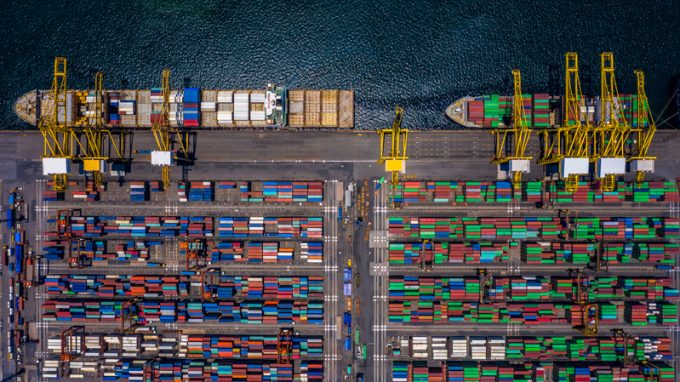UK regulator delays GXO's Wincanton takeover, due to 'competition concerns'
The UK’s Competition and Markets Authority (CMA), the country’s chief competition regulator, has delayed GXO’s ...

The European Commission has said it does not regard the huge container spot rate increases between Asia and Europe as sufficient justification to investigate carriers for an infringement of the Block Exemption Regulation (BER) for consortia.
The European Shippers’ Council (ESC) and European freight forwarder association CLECAT had presented the EC with data relating to the increase in blank sailings, a decrease in reliability “and especially the outrageous price hikes that most customers had to accept in order to have goods ...
Macron calls for ‘suspension’ – CMA CGM's $20bn US investment in doubt
Trump tariffs see hundreds of cancelled container bookings a day from Asia
De minimis exemption on shipments from China to the US will end in May
Forwarders stay cool as US 'liberation day' tariffs threaten 'global trade war'
Mixed response in US to 'Liberation Day', while China leads wave of retaliation
Tariffs and de minimis set air freight rates on a volatile course
Overcapacity looms for ocean trades – with more blanked sailings inevitable
'To ship or not to ship', the question for US importers amid tariff uncertainty

Comment on this article
Andy Newbold
January 25, 2021 at 3:08 pmUnsurprising that legal challenge to bring capping to spot pricing when the market is constraint, but no consideration for carriers when there is overcapacity and prices are driven to loss making levels. Indeed, it is not legal to fix minimum market pricing yet there is ambition to cap maximum market pricing?
Fair trading?